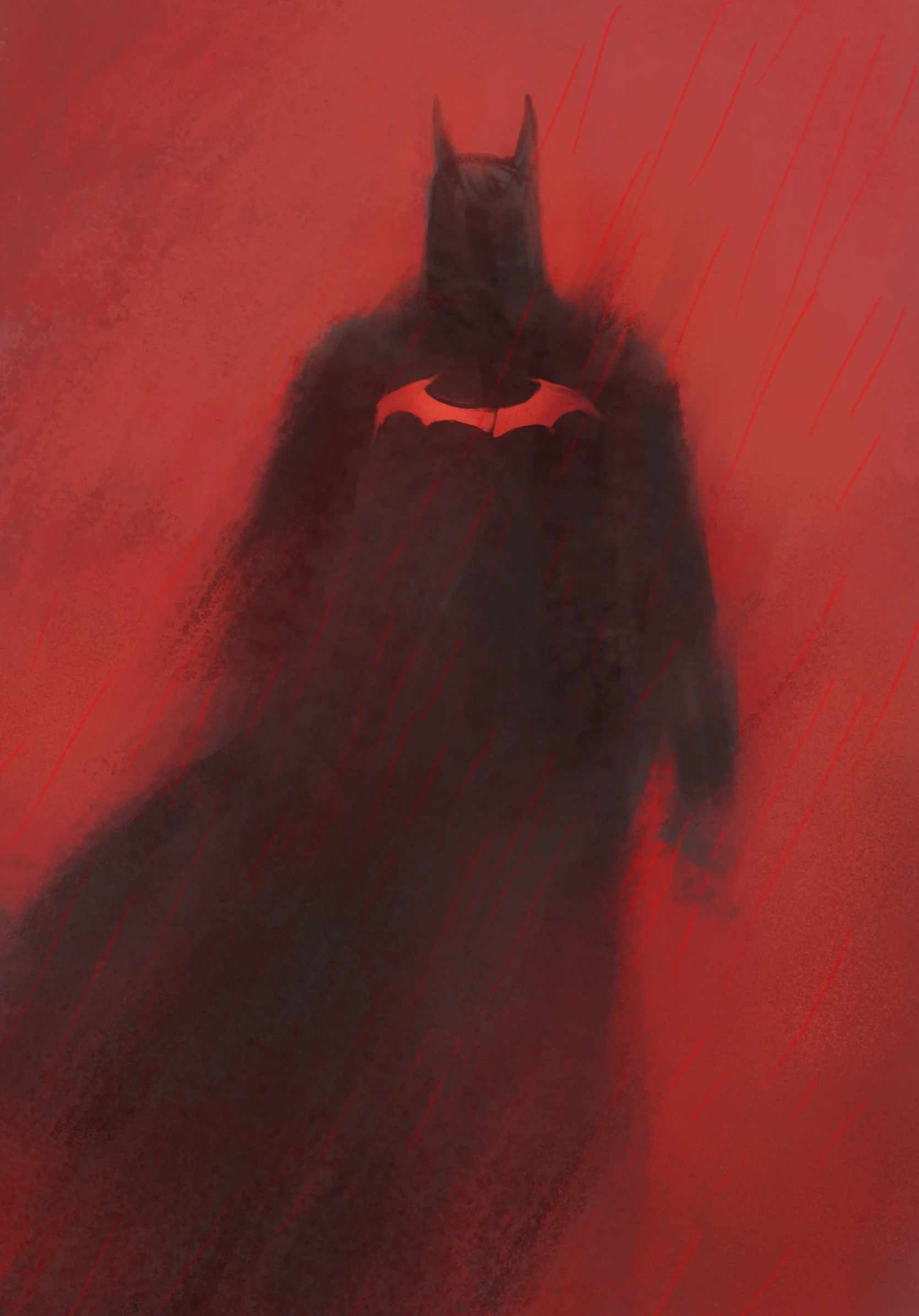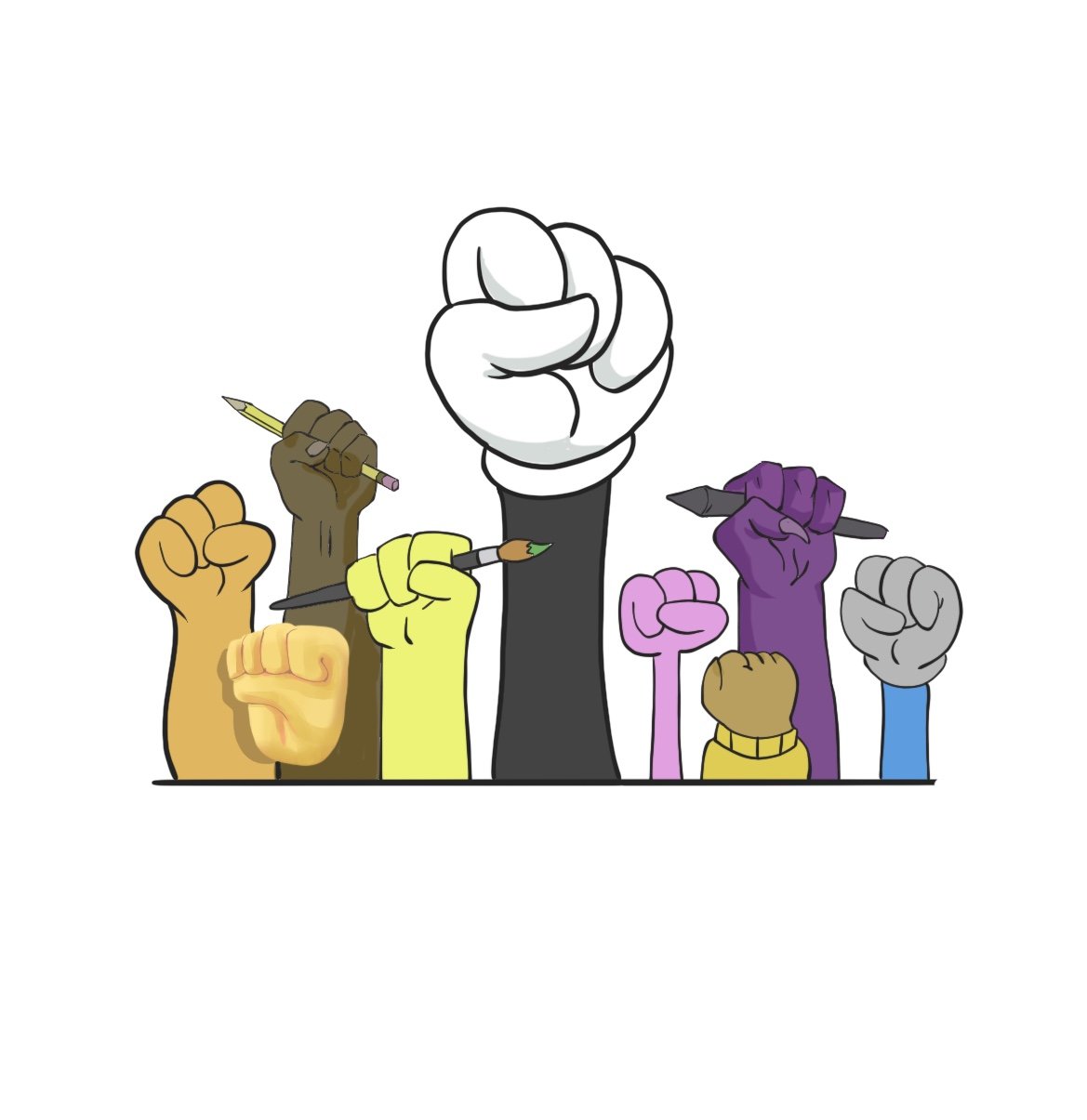Rowan Bernstein
A&E
While much of television and film production shut down during the early stages of the COVID-19 pandemic, animation was able to continue remotely, helping to keep the entertainment industry afloat. As Owen Dennis, creator of the animated series “Infinity Train,” said in a video on the Animation Guild Writers’ Twitter account during the pandemic, “animation pretty much single handedly saved Hollywood.” For some animators, like “The Owl House” creator Dana Terrace, being so heavily relied on by studio executives during such a difficult time was a reminder of just how undervalued animation workers have always been. Over the past few months, artists and writers like Dennis and Terrace have been campaigning for better benefits, improved working conditions and fair pay for animation employees under the digital movement #NewDeal4Animation.
Packed with childhood nostalgia, anime references and plenty of adventure, Cartoon Network’s “Craig of the Creek” seems to have something for audiences of all kinds, including those looking to see themselves represented on screen. The series has always featured a great deal of diversity among its young characters, and recently, LGBTQ+ characters have taken center stage in a touching episode about self-acceptance.
“You’ve Got Mail” (HBO Max)
Journalist, writer and filmmaker Nora Ephron is a master of the romantic comedy. Ephron wrote “When Harry Met Sally,” a movie about two friends realizing they’re in love with one another. But, ew. Friends should just stay friends. “You’ve Got Mail” is a seemingly more compelling tale from Ephron that follows two business rivals falling in love with each other. The movie revolves around the romantic relationship between Kathleen Kelly (Meg Ryan), who owns an independent bookstore in New York City, and Joe Fox (Tom Hanks), the owner of a bookstore chain. “You’ve Got Mail” has everything one could hope for in a classic rom-com: 1990s dial-up internet, a high-strung Parker Posey and a top notch soundtrack that includes songs like Harry Nilsson’s “The Puppy Song” and The Cranberries’ “Dreams.”





In 1717, an aristocrat named Stede Bonnet purchased a ship and set sail with dreams of becoming a pirate, leaving behind his wife, children and sizable fortune. Known as the “Gentleman Pirate,” Stede Bonnet was the inspiration for the seafaring HBO Max comedy “Our Flag Means Death.” The series takes plenty of liberties when it comes to historical accuracy, to its great benefit. Playing fast and loose with history not only leads to great moments of comedy, but also allows for a more inclusive story.